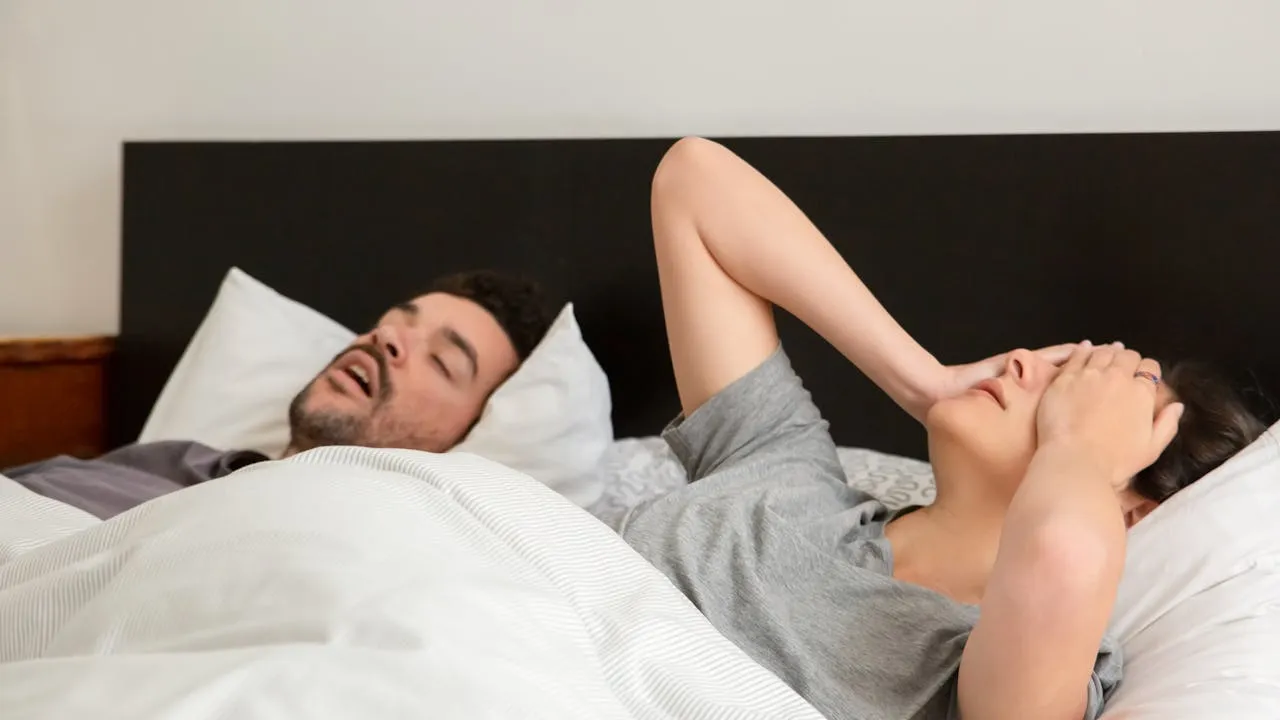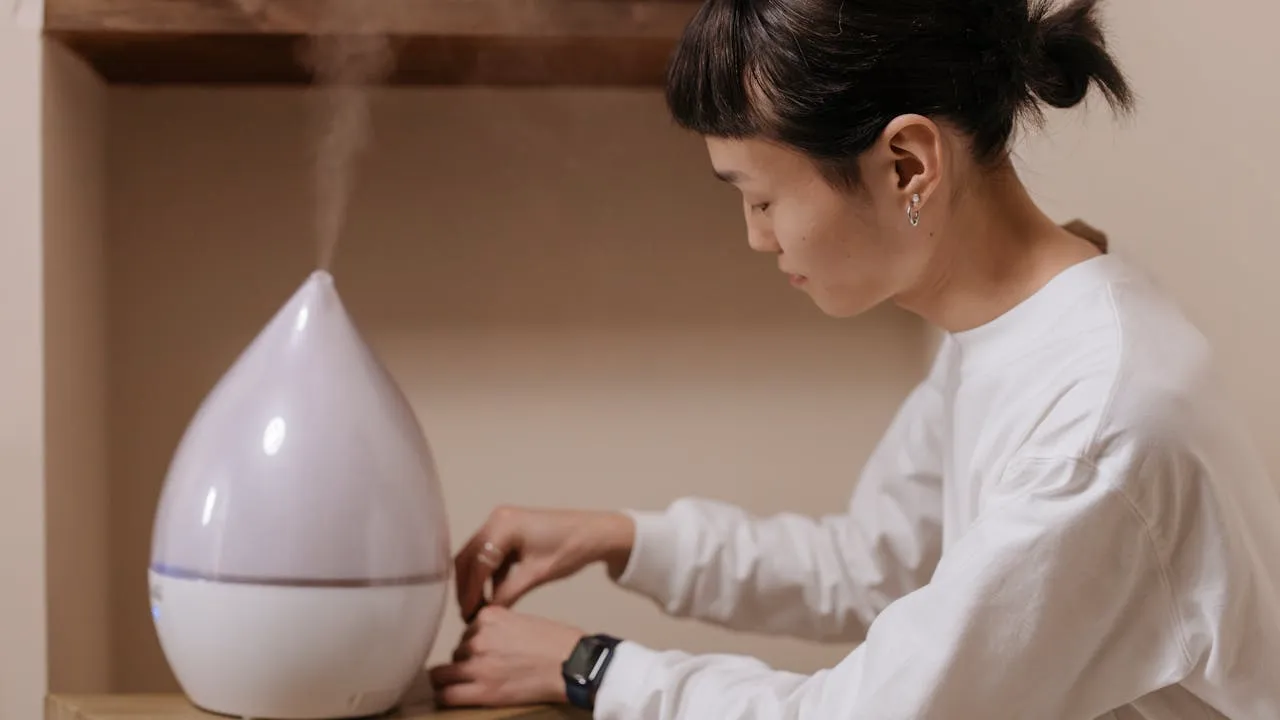Snoring can signify serious health issues, not just a nighttime nuisance. When someone snores, it means they are having trouble breathing while sleeping. Several health issues can arise due to this obstruction, from minor to severe. For example, wheezing can cause rest interruption for the individual who wheezes and for anybody sharing the room. This prompts low-quality rest, which can bring about daytime weakness, touchiness, and trouble concentrating. More concerningly, sleep apnea is frequently associated with snoring.
The Hidden Dangers of Snoring

Read Also: Preventing Early Ageing: 6 Key Lifestyle Changes
When a person’s breathing stops and starts repeatedly while sleeping, they have sleep apnea. This condition can put more stress on the heart and result in dangerously low oxygen levels in the blood. Over the long run, untreated rest apnea can prompt hypertension, stroke, and diabetes. Drowsiness during the day can also make accidents more likely. It can have an impact on a child’s growth and behaviour. It could cause attention issues and poor academic performance. In this manner, perceiving and tending to wheezing is significant for general well-being and health. Snoring can be accurately diagnosed and treated with the assistance of a medical professional.
Remedies of Snoring
1. Sedatives and alcohol avoidance
Liquor and narcotics loosen the throat muscles, making them bound to implode and hinder the aviation route during rest, prompting wheezing. By avoiding alcohol and sedatives for at least a few hours before bedtime, these muscles can be kept toned and prevented from contributing to wheezing. Alternative relaxation methods, like deep breathing exercises or meditation, can help you relax without hurting your throat muscles.

2. Using Nasal Dilators or Strips
A nasal clog or blockage can compel you to inhale through your mouth during rest, improving the probability of wheezing. Nasal dilators, also known as nasal strips, reduce the need to breathe through the mouth by opening the nasal passages. These devices are easy to use and can effectively reduce snoring caused by blocked nasal passages, making sleep more comfortable.
3. Getting the Bed’s Head Up
Raising the top of your bed or utilizing additional pads can help ease wheezing caused by gentle rest apnea or positional wheezing. When the upper body is raised, the tissues in the throat are less likely to collapse and obstruct the airway during sleep. This positional adjustment can increase airflow and lessen the intensity of snoring, benefiting both the snorer and their partner.

4. Use a Humidifier
Dry air irritating the throat and nasal passages can cause snoring and congestion. A humidifier in your room can help maintain ideal dampness levels in the air, prevent dryness, and decrease the probability of nasal clogs contributing to wheezing. By keeping the respiratory tract hydrated, a humidifier can promote clearer airways and quieter sleep, which is especially useful during the winter and in dry regions.
5. Changing Sleep Pattern
Changing your resting position is a simple yet viable method for reducing it. When you sleep on your back, the tongue and soft palate are pulled backwards by gravity, narrowing the airway and causing vibrations that cause snoring. Sleeping on your side can keep the airway open and reduce snoring by preventing this collapse. Utilizing a body cushion or sewing a tennis ball onto the rear of your night robe can empower side-resting for the evening, guaranteeing better wind current and calmer rest.
Side Effects Of Snoring
- It frequently disrupts sleep patterns, resulting in poor-quality sleep. People might encounter daytime exhaustion, tiredness, and trouble concentrating. This may affect day-to-day activities, work performance, and overall quality of life.
- It can stress the heart more and raise blood pressure, especially with sleep apnea. This can make cardiovascular diseases like heart disease, stroke, and irregular heart rhythms more likely over time.

- During pregnancy, particularly if extreme, it might be related to gestational hypertension and toxaemia. It can also make pregnant women sleep less well, which can hurt the health of the mother and the development of the fetus.
- Kids who wheeze often might encounter social issues like hyperactivity, carelessness, and unfortunate scholarly execution. Wheezing can disturb their rest examples and generally affect events and conduct.
- Sleep disturbance from wheezing can impede mental capability, influencing memory, fixation, and thinking skills. This can affect performance at work or school and make accidents more likely.
- It can disturb accomplices or relatives in a similar room. It can also cause problems sleeping, leading to tension in a relationship, resentment, and less intimacy.

Snoring is beyond an evening irritation; it can have critical well-being and social outcomes. Snoring should be taken seriously because of the various side effects, which include daytime fatigue, cardiovascular issues, cognitive impairment, and relationship strain. It is essential to address snoring not only to enhance the quality of one’s sleep but also to enhance one’s overall health and well-being. Changing how you sleep, losing weight, avoiding alcohol and sedatives, and using humidifiers or nasal strips can all help reduce snoring and its effects. Obtaining a medical evaluation for underlying conditions and practising good sleep hygiene are essential steps in effective snoring management.
Understanding the effects of snoring and looking into potential treatments can help sufferers sleep better and lead to healthier lifestyle choices. Talking with medical services experts can give customized therapy designs that address the main drivers of wheezing. People can lower the risks of snoring, have more restful nights, and improve their quality of life by taking proactive measures. At last, perceiving and treating wheezing advantages the person and their rest accomplices, cultivating better connections and upgrading general family health.
To get more of our exclusive content on Health Care and Lifestyle. Follow us on YouTube and Instagram.






